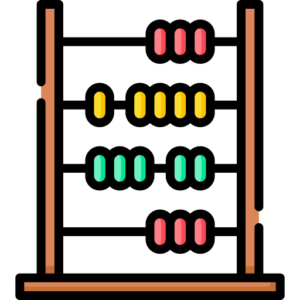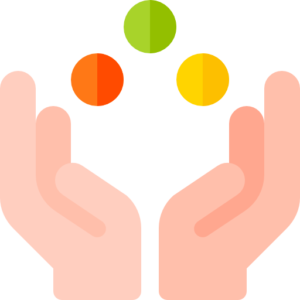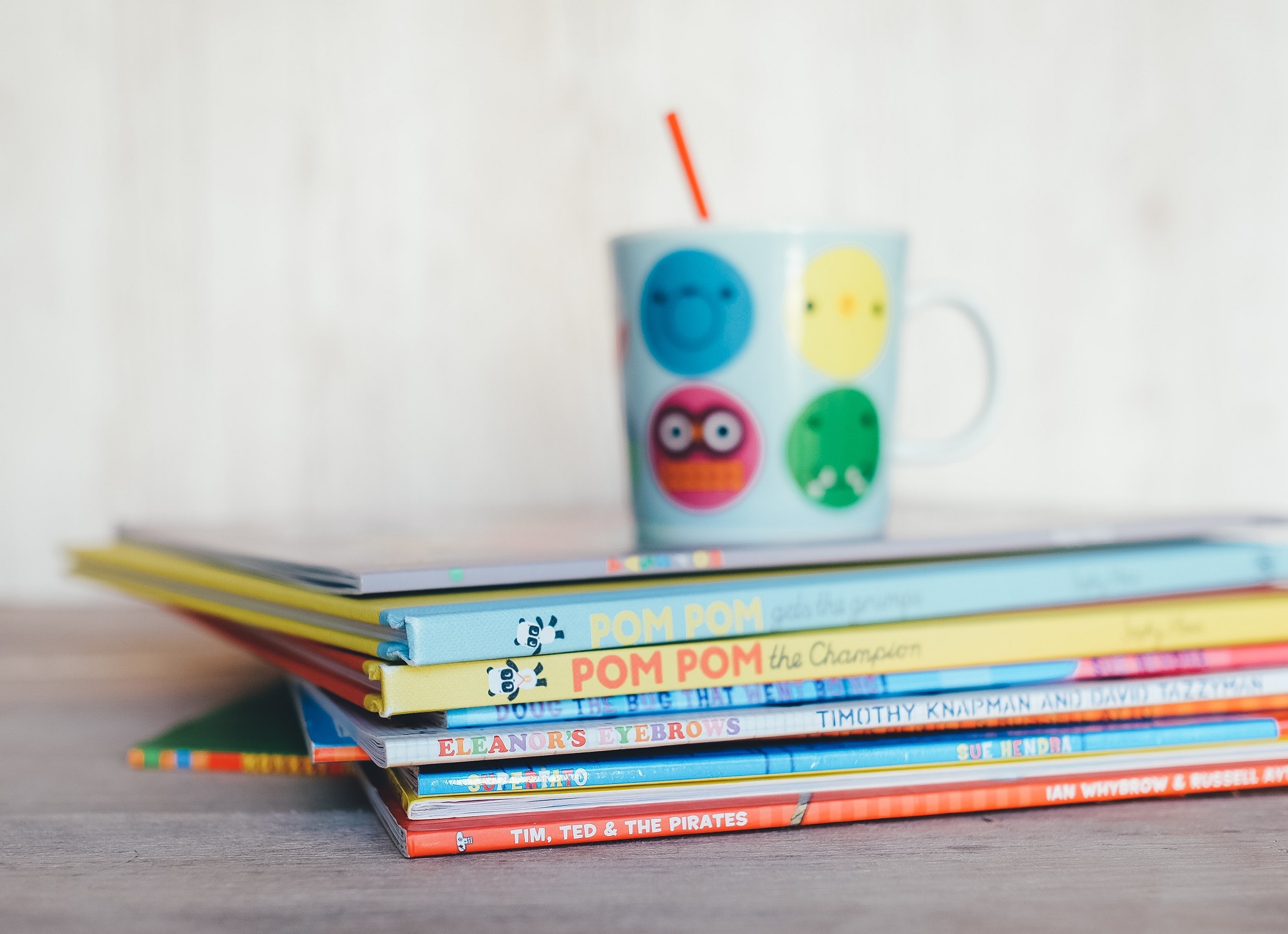Affiliate Disclosure: This content may contain affiliate links. We may earn a small commission at no extra cost to you.
What are the best activities for child development in the first few years?
Research indicates that a gap in language, gesturing, and other developmental markers begins to open by age 2. Up to age 1, there are minimal differences in the mental abilities of infants. The key is therefore to get started well before school. The following activities should be part of every parents’ routine with their infant or baby to strengthen and accelerate early childhood abilities and development. 1. Practice responsive parenting. Starting from birth, make sure to respond consistently to your baby’s cues. This is believed to significantly influence social, emotional and cognitive development.2. Use your singing voice! Cut out the baby talk.
Starting from birth, make sure to respond consistently to your baby’s cues. This is believed to significantly influence social, emotional and cognitive development.2. Use your singing voice! Cut out the baby talk.  OK, its hard not to use baby talk when they are so young. But try to make regular talk with your baby the norm. Sing to them regularly. Yes, its possible you may have endless loops of Mary had a little lamb playing in your head after they are asleep, but the results are worth it! Gesture a lot, and make them point to objects as you read and teach words to them.
3. You can’t have enough math!
OK, its hard not to use baby talk when they are so young. But try to make regular talk with your baby the norm. Sing to them regularly. Yes, its possible you may have endless loops of Mary had a little lamb playing in your head after they are asleep, but the results are worth it! Gesture a lot, and make them point to objects as you read and teach words to them.
3. You can’t have enough math!  Math skills begin to emerge early, as do gaps in skills. While a lot of parents incorporate language-related activities, math activities build understanding of early concepts like comparing, sorting, bucketing.
4. Encourage 3D skills.
Math skills begin to emerge early, as do gaps in skills. While a lot of parents incorporate language-related activities, math activities build understanding of early concepts like comparing, sorting, bucketing.
4. Encourage 3D skills.
 Provide toys and objects that allow 3D manipulation. Build their movement skills by allowing them to walk or crawl in various spaces. This is one of the best activities for child development.
5. Build a culture of learning.
Provide toys and objects that allow 3D manipulation. Build their movement skills by allowing them to walk or crawl in various spaces. This is one of the best activities for child development.
5. Build a culture of learning.
 Converse actively with your child during story time or trips to the zoo. Build anticipation, explain concepts and have an active conversation on what you are reading or seeing. Researchers speak of the importance of “mind-body” connections in the development of young children, and that motor development corresponds with a child’s explorations of objects and spaces. All opinions at Kiddometer are those of the individual author(s) and do not necessarily reflect any policy or position of this site. This information is provided for informational, educational and entertainment purposes only. We do not accept any responsibility for any liability, loss or risk, personal or otherwise, incurred as a consequence, directly or indirectly, from any information or advice contained here. Kiddometer may earn compensation from affiliate links in this content. Learn more about how we write our content. Icons made by Freepik at www.flavicon.com
Converse actively with your child during story time or trips to the zoo. Build anticipation, explain concepts and have an active conversation on what you are reading or seeing. Researchers speak of the importance of “mind-body” connections in the development of young children, and that motor development corresponds with a child’s explorations of objects and spaces. All opinions at Kiddometer are those of the individual author(s) and do not necessarily reflect any policy or position of this site. This information is provided for informational, educational and entertainment purposes only. We do not accept any responsibility for any liability, loss or risk, personal or otherwise, incurred as a consequence, directly or indirectly, from any information or advice contained here. Kiddometer may earn compensation from affiliate links in this content. Learn more about how we write our content. Icons made by Freepik at www.flavicon.com
